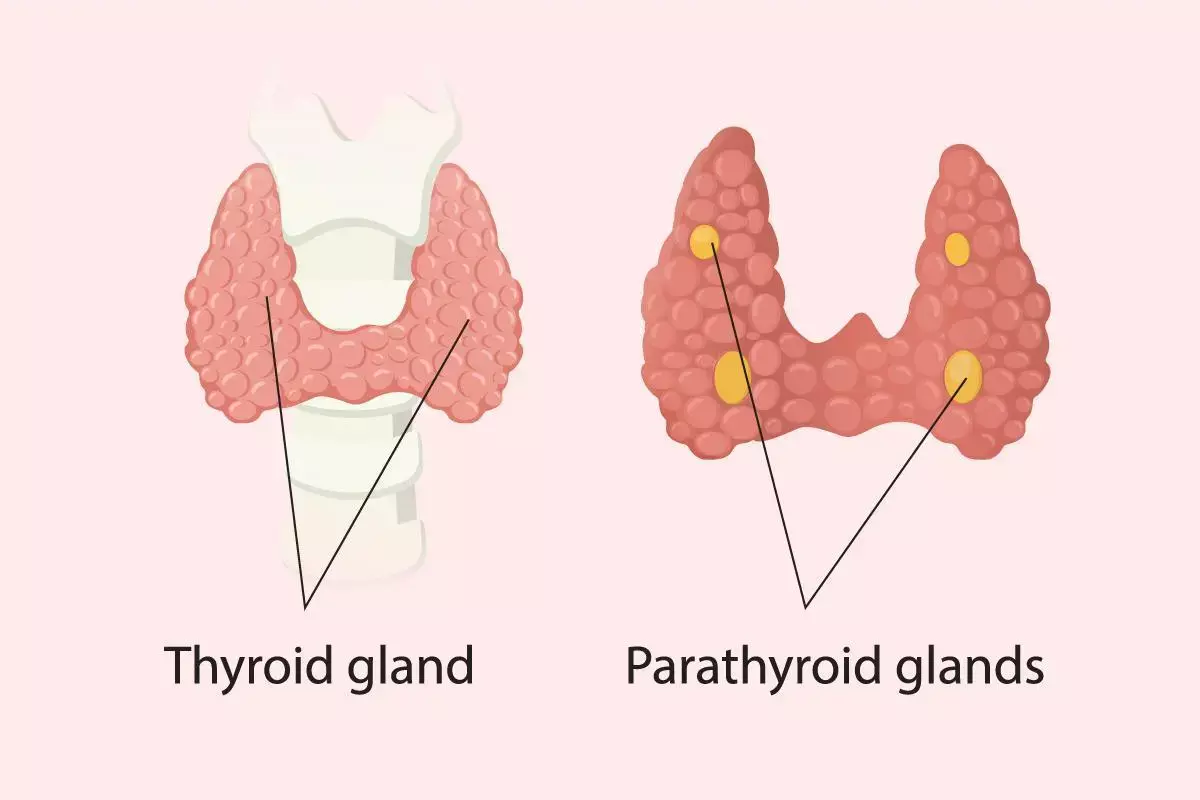- Home
- Medical news & Guidelines
- Anesthesiology
- Cardiology and CTVS
- Critical Care
- Dentistry
- Dermatology
- Diabetes and Endocrinology
- ENT
- Gastroenterology
- Medicine
- Nephrology
- Neurology
- Obstretics-Gynaecology
- Oncology
- Ophthalmology
- Orthopaedics
- Pediatrics-Neonatology
- Psychiatry
- Pulmonology
- Radiology
- Surgery
- Urology
- Laboratory Medicine
- Diet
- Nursing
- Paramedical
- Physiotherapy
- Health news
- Fact Check
- Bone Health Fact Check
- Brain Health Fact Check
- Cancer Related Fact Check
- Child Care Fact Check
- Dental and oral health fact check
- Diabetes and metabolic health fact check
- Diet and Nutrition Fact Check
- Eye and ENT Care Fact Check
- Fitness fact check
- Gut health fact check
- Heart health fact check
- Kidney health fact check
- Medical education fact check
- Men's health fact check
- Respiratory fact check
- Skin and hair care fact check
- Vaccine and Immunization fact check
- Women's health fact check
- AYUSH
- State News
- Andaman and Nicobar Islands
- Andhra Pradesh
- Arunachal Pradesh
- Assam
- Bihar
- Chandigarh
- Chattisgarh
- Dadra and Nagar Haveli
- Daman and Diu
- Delhi
- Goa
- Gujarat
- Haryana
- Himachal Pradesh
- Jammu & Kashmir
- Jharkhand
- Karnataka
- Kerala
- Ladakh
- Lakshadweep
- Madhya Pradesh
- Maharashtra
- Manipur
- Meghalaya
- Mizoram
- Nagaland
- Odisha
- Puducherry
- Punjab
- Rajasthan
- Sikkim
- Tamil Nadu
- Telangana
- Tripura
- Uttar Pradesh
- Uttrakhand
- West Bengal
- Medical Education
- Industry
Parathyroidectomy significantly improves QoL in hyperparathyroidism patients on hemodialysis

Parathyroidectomy improves QoL by rapidly reducing intact parathyroid hormone levels in hyperparathyroidism in hemodialysis patients suggests a new study published in the BMC Surgery
Parathyroidectomy (PTX) is commonly performed as a treatment for secondary hyperparathyroidism (SHPT) in patients with end-stage renal disease (ESRD). We aimed to evaluate the efficacy of PTX in patients with SHPT who underwent hemodialysis.
This retrospective study analyzed the clinical treatment of 80 hemodialysis patients with SHPT who underwent either total PTX with forearm auto transplantation (TPTX + AT) or subtotal parathyroidectomy (SPTX). We compared the changes in biochemical indices before and after surgery as well as the attenuation of intact parathyroid hormone (iPTH) in the TPTX and SPTX groups. We also evaluated clinical symptoms and quality of life using the Visual Analog Scale (VAS) and the Short Form-36 Questionnaire (SF-36) before and at 3, 6, and 12 months after surgery.
Results
Serum iPTH and serum phosphorus levels decreased significantly after surgery in 80 patients with SHPT (P < 0.05). Within one month of surgery, there was a difference in iPTH levels between the TPTX + AT and SPTH groups, but there was no difference over time. Patients experienced significant improvement in their clinical symptoms of restless leg syndrome, skin itching, bone pain, and joint pain at 1 week post operation (P < 0.001). Quality of life significantly improved after surgery, as assessed by SF-36 scores (P < 0.05). Hypocalcemia was the most common postoperative complication, occurring in 35% of patients. Within the first 12 months post surgery, 5 patients had a recurrence.
PTX is effective in rapidly reducing iPTH levels, improving calcium and phosphorus metabolism disorders, and enhancing patients’ quality of life by safely and effectively relieving clinical symptoms.
Reference:
Qiu, W., Zhou, G. Observation of the efficacy of parathyroidectomy for secondary hyperparathyroidism in hemodialysis patients: a retrospective study. BMC Surg 23, 234 (2023). https://doi.org/10.1186/s12893-023-02143-y
Keywords:
Parathyroidectomy, improves, QoL, rapidly, reducing, intact, parathyroid, hormone, levels, hyperparathyroidism, hemodialysis, patients, BMC Surgery, Qiu, W., Zhou, G.
Dr. Shravani Dali has completed her BDS from Pravara institute of medical sciences, loni. Following which she extensively worked in the healthcare sector for 2+ years. She has been actively involved in writing blogs in field of health and wellness. Currently she is pursuing her Masters of public health-health administration from Tata institute of social sciences. She can be contacted at editorial@medicaldialogues.in.
Dr Kamal Kant Kohli-MBBS, DTCD- a chest specialist with more than 30 years of practice and a flair for writing clinical articles, Dr Kamal Kant Kohli joined Medical Dialogues as a Chief Editor of Medical News. Besides writing articles, as an editor, he proofreads and verifies all the medical content published on Medical Dialogues including those coming from journals, studies,medical conferences,guidelines etc. Email: drkohli@medicaldialogues.in. Contact no. 011-43720751


